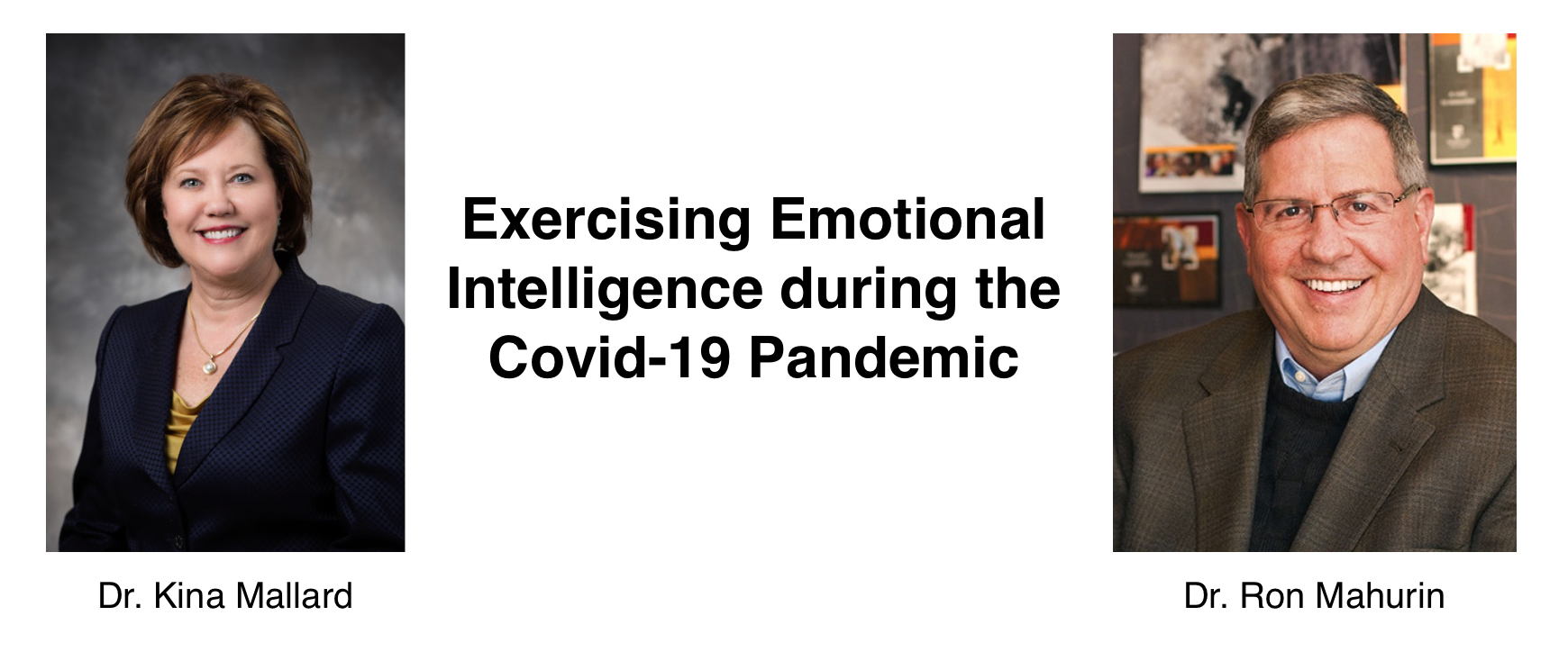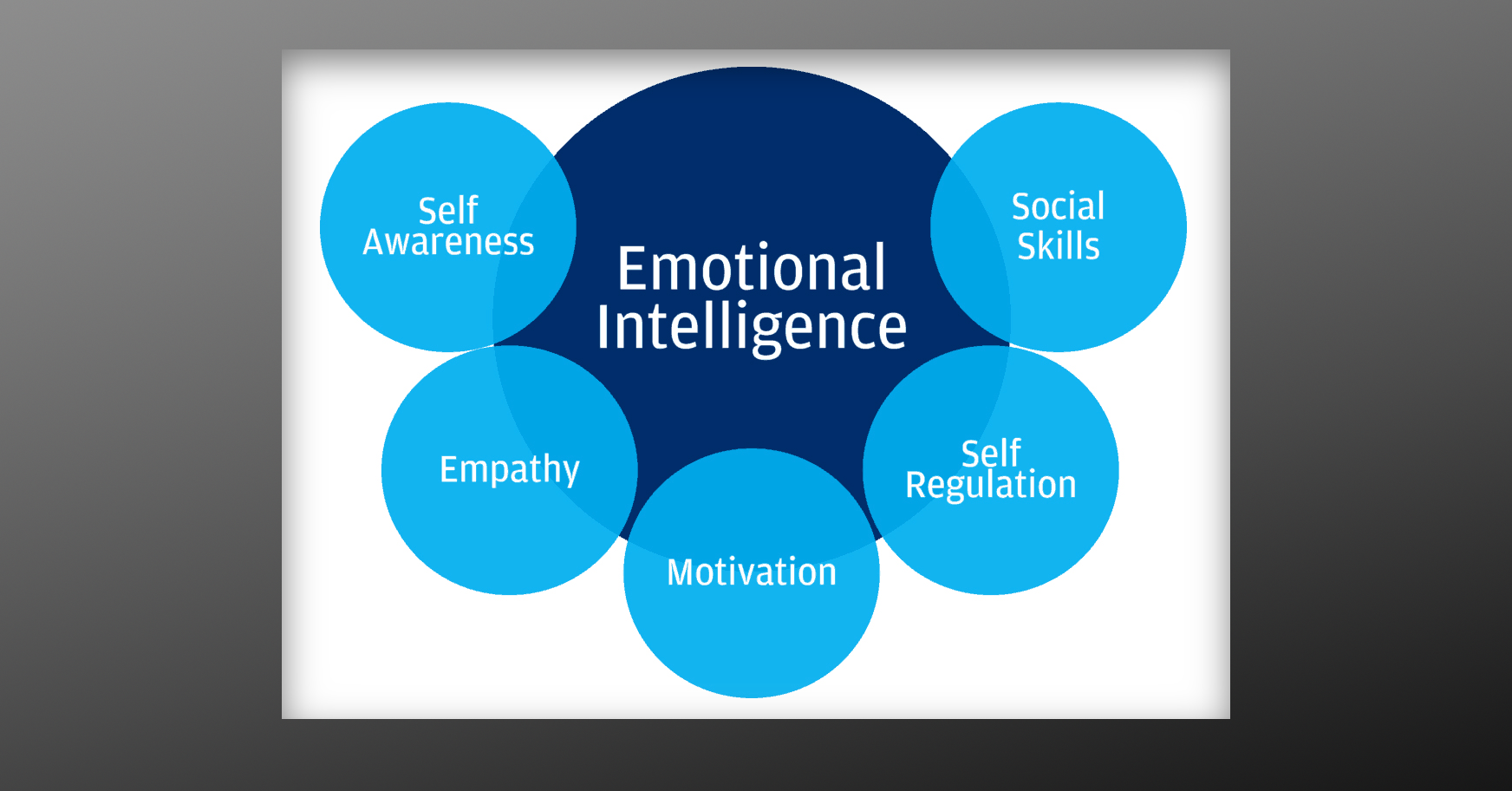
Authors’ note: Several weeks ago, we had a zoom call (because that’s what we do these days). During that conversation, we talked about what each of us had been hearing from our colleagues in higher education during the Covid pandemic. We were hearing interesting things, new things, especially from our colleagues who are college and university presidents: about leadership, crisis management, institutional change, and more.
As a result, we spent the last few weeks in conversation with several college and university presidents. This brief essay in a compilation of what we heard. We thank the 10 presidents who allowed us to “listen in” on what they’ve been thinking, how they’ve been working through the crises, and what they’ve learned thus far. We honor them for their hard work, their transparency, and their commitment to do well for their institution and for their faculty, staff and students.
by Dr. Kina Mallard and Dr. Ron Mahurin
Spring 2020 will be forever remembered as the semester of disruption.
Faculty transitioned to online teaching; student success, career, and mental health professionals counseled students by phone or videoconferencing; and watched their dreams of graduating with friends and finding jobs fade away. At the same time, college presidents were hunkered down with the weight of a myriad of daily decisions sitting squarely on their shoulders like a backpack full of boulders.
Ten College Presidents – Emotional Intelligence
During this unprecedented time, my colleague and I decided to check-in with ten college presidents to see how they are holding up and to ask what the COVID-19 pandemic is teaching them about themselves and their teams. To our surprise, presidents found our interviews to be a respite from their daily grind. At the beginning, they focused on the nuts and bolts of leading during a pandemic, but then the conversations turned more confessional. Presidents who had prided themselves on strong leadership, acknowledged they have been stretched in the areas of self-control, patience, and empathy. “Soft skills,” the skills of emotional intelligence, that colleges are now striving to teach their students are the very skills presidents have found most important during this time.

The need to be patient with oneself and with others was a growth area for presidents. The inundation of information pushed presidents from the areas of problem-solving and fixing where many were most comfortable. While faculty and staff were looking to them for these skills, they also needed more. The desire to be the expert and give the solution had to be tempered with the knowledge that in a campus crisis, members of other departments might have a different perspective or better solutions.
For example, student affairs personnel might know better about students’ needs in the areas of housing counseling, creating community virtually, and overall student wellbeing. Presidents expressed the challenge of trying to listen more than they talk, exercising the patience and discipline of remaining quiet and letting others speak.
Decision-Making: Striking a Balance
Presidents were also more aware of the need for self-control as everyone was looking to them for calm leadership. One response, “When you are in a battle, you must make decisions at light speed.” Quick decision-making often conflicts with the need to be more inclusive and collaborative and presidents found themselves mitigating enthusiasm and the inclination to persuade. When asked to reflect on what he was learning about himself as a leader, one president responded, “I think my innate emotional stability has been a good thing. I am very even, sometimes too calm, but I have others on my team to help balance me.”
Another president responded, “I am learning that I am better than I thought I was. I have learned to be calm, able to make quick decisions that are balanced. I am usually not easily excitable, but my experience and wisdom make me calmer. I have really learned to trust my instincts more than I thought.” The juxtaposition between appearing calm and re-assuring and being decisive and creating a sense of urgency is something all presidents found daunting.
Presidents also recognized the need for self-control as they struggled with transparency acknowledging that saying too much without knowing what is really happening may inadvertently raise concerns with one president remarking, “Sharing too much information without the power to address the issues can produce anxiety. One president remarked she had established a 911 mindset from her 24 years in the navy. Crisis and challenges energized her, but she had to realize others didn’t feel that energy and needed to control her adrenaline in front of her team.
Empathy and Encouragement
All presidents mentioned their employees’ need for empathy and encouragement. Empathy has gained more clout in the leadership literature as leaders embrace the importance of understanding another person’s experience, perspective and feelings. In a crisis, employees often become more needy as their fears and insecurities emerge and tend to dominate.
One president shared he had learned how important emotional spacing is – that during this time others need space to process, grieve and lament and another found it was important at the beginning of meetings to permit each person the opportunity to give voice to their anxieties and frustrations.
Spending 10-15 minutes on this exercise with the president listening, empathizing, and encouraging led to a more focused 45 minutes of meeting time. Encouraging employees to be themselves even when it might reveal a weakness created a bond that “we are all in this together.” Another president said, “All groups need to have their time to connect and share their experiences. Every Friday, I do a “check-in” virtual meeting and about 70 people typically check-in to share experiences and feelings.
One president expressed the struggle of being both counselor and CEO saying, “I’m learning the value I bring to conversations is the critical voice. The campus community needs transparency and empathy, but they also need the critical voice of reality. I bring boldness to push conversations and decisions that need to be made to benefit the university.
The minutiae moments are THE moments. The President needs to speak into it. When you have a tragedy on campus the President becomes the pastor. COVID-19 can’t be seen as a tragedy. It has to be viewed as a moment to be bold and figure out how to continue to provide top quality services to the students.”
Some presidents referred to their soft-skill stretch in terms of compassion and grace with one saying, “I have been very slow to be overly critical. I have been surprised that I haven’t TOLD people what they need to be doing or not doing. I have been more gracious. I find myself often asking, “What is the gracious response to this?” And another president confessed giving himself grace stating, “I first have to acknowledge that while I’m not perfect, I’ve got to be the encourager, the shepherd, to disciple my team, and cheer on everyone else.”
Our interviews also revealed those presidents who had been in their position for at least three years and whose members of their leadership team had been in their positions at least three years seemed to be handling the crisis with more confidence than those who had served their institutions for less time. Seasoned presidents were able to put decisions in perspective, more quickly interpret data, prioritize, and render decisive direction without second guessing their actions. They also were not overwhelmed or panicky and expressed having time to encourage their administrators, faculty, and staff.
One president credited his university leaders with the ability to put the pandemic in perspective and make decisions quickly stating, “The importance of a cohesive, experienced work community cannot be understated. It is critical to have built a relationship with the senior leadership team before the crisis. Another president added, “Having built a strong team of trust allows the team to be efficient and effective.”
Our conversation with College and University presidents found that the COVID-19 disruption requires digging deep into the emotional intelligence space. President’s not only need to keep themselves “centered and whole” and replenish their own energy, they must also find the energy and time to keep their teams and their communities engaged, informed, and purposeful.
Personal Space
There is something powerful about a leader who can create that personal space for herself, and with courage and strength, see each day as an opportunity to bring energy and direction to the team. This is no easy task. It will be draining emotionally, physically, intellectually, and spiritually.
Yet we found in our conversations that presidents are giving voice in direct and impactful ways to bring their best selves into this crisis moment. While that is certainly no guarantee of institutional success, it is an essential building block for any presidential leader.
Lean into the E.I. muscle in this moment.
Don’t be afraid to admit that you don’t have all the answers (as no one does or will). There will be moments of exhaustion, self-doubt, and more. Stay centered in what you know to be true – that you are there to define the realities, to thank your people as they do great work, and to press into this moment with courage and conviction.
The times require this kind of leadership. And we are encouraged to know that presidents and their leadership teams are in the fight, each day, to make a difference for all those they serve.
Dr. Kina Mallard is President of Reinhardt University (GA).
Dr. Ron Mahurin is a Senior Design Consultant with Design Group International.
We welcome you to check out the webinar schedule here:
TRANSFORMING OUR FUTURE
Registration is free, and you will find different topics and themes throughout the week that may be of value to you and members of your leadership team.
We would love to have you join us!
Tags:
Organizational Leadership, Design Group International, Creative Leadership, Mission and vision, COVID-19, Inspiration, Ron Mahurin, Higher Education Matters Blog/Ron%20Mahurin%20Headshot%20(300x300).png)
June 18, 2020
Comments